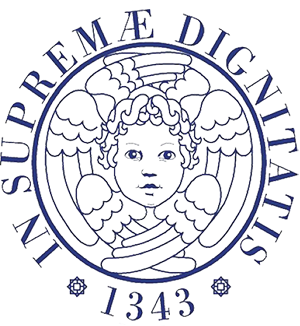Definition:
Internal Urethrotomy consists in the endoscopic treatment of the narrowings of the urethral canal of different etiology. The aim is the incision and opening of the narrow urethral canal in the hope that this increase in caliber will be maintained over time.
Indications:
stenosis of the congenital urethra (urethral valves) and acquired urethra.
Description of the technique:
the endoscopic incision of the urethral canal with a “cold” blade can be performed blindly (urethrotomy according to Otis) or under vision (urethrotomy according to Sachse). For some years now, internal urethrotomy can also be performed with the use of lasers.
Duration of the procedure:
the surgery usually lasts a few minutes and can be performed both under general or locoregional anesthesia: sometimes, a simple sedation of the patient may also be sufficient.
Type and duration of hospitalization:
after surgery, a bladder catheter is left in place. The choice of catheter application time and its replacement with progressively larger size catheters depends on the characteristics of the stenosis and, more often, on the surgeon’s habits.
In the absence of complications, the hospital stay is 1-2 days. Temporary bleeding between the catheter and the urethral meatus may occur in the immediate postoperative period.
Results:
after the removal of the catheter there is a disappearance of the obstructive symptomatology with improvement of the urination parameters.
In the anterior urethral stenosis (penile and bulbar) the long-term positive results of internal urethrotomy (30%) are significantly lower than open surgery urethroplasty (90%). In the stenosis of the posterior urethra (membranous and prostatic) the internal urethrotomy provides better results than in the anterior urethral tract but nevertheless always lower than open surgery.
Advantages:
- Less invasive than open surgery (urethroplasty).
- The only therapy possible in certain cases in which urethroplasty risks compromising erection or urinary continence.
- Costs not high.
- Low complication rate.
Disadvantages:
- Low percentage of long-term success. – No histological examination.
- Damage to the urethral wall following endoscopic surgery can transform a short and simple urethral lesion into a longer and more complicated lesion that requires a more complex surgical repair than it was necessary before endoscopic treatment: this represents the major disadvantage of internal urethrotomy.
Complications:
Perforation of the urethral wall (false path) may lead to urethral fistulae and periurethral abscess.
Attention at discharge:
urinary antiseptic therapy until the third day after the removal of the bladder catheter.
In patients with a urethral scar lesion potentially at risk of fibro-sclerotic evolution with relapse of the stenosis, it is advisable to avoid any possible traumatic action on the genito-perineal region in the following months: avoid the use of cycles, motorcycles, tractors, horse; avoid prolonged sitting, especially on rigid seats; avoid contact sports that can cause trauma in the affected region; follow dietary rules (avoid white wines, sparkling wines, beer, spicy foods).
How to behave in case of complications at home:
in case of defect (obstruction) of the bladder catheter, perform sustained washings of physiological solution with a 60 cc wide spouted syringe: if this maneuver does not get the desired result, contact the urologist.
Checks:
during the months following the urethrotomy, the patient must perform periodic checks to evaluate the validity of urinary flow and bladder emptying: uroflowmetry and bladder ultrasound. If, on the basis of these tests, there is doubt of a relapse of urethral stenosis, the urologist may decide to deepen the investigations with a retrograde and urination urethrography and a urethroscopy.

